Country Life Today: Brexit 'turbo-charges' zoo breeding, terrifying barn owls and a royal takeaway
In today's news round-up we bring you an unlikely benefit of Brexit uncertainty, a study into the hunting powers of white barn owls and The Queen's penchant for fish and chips.
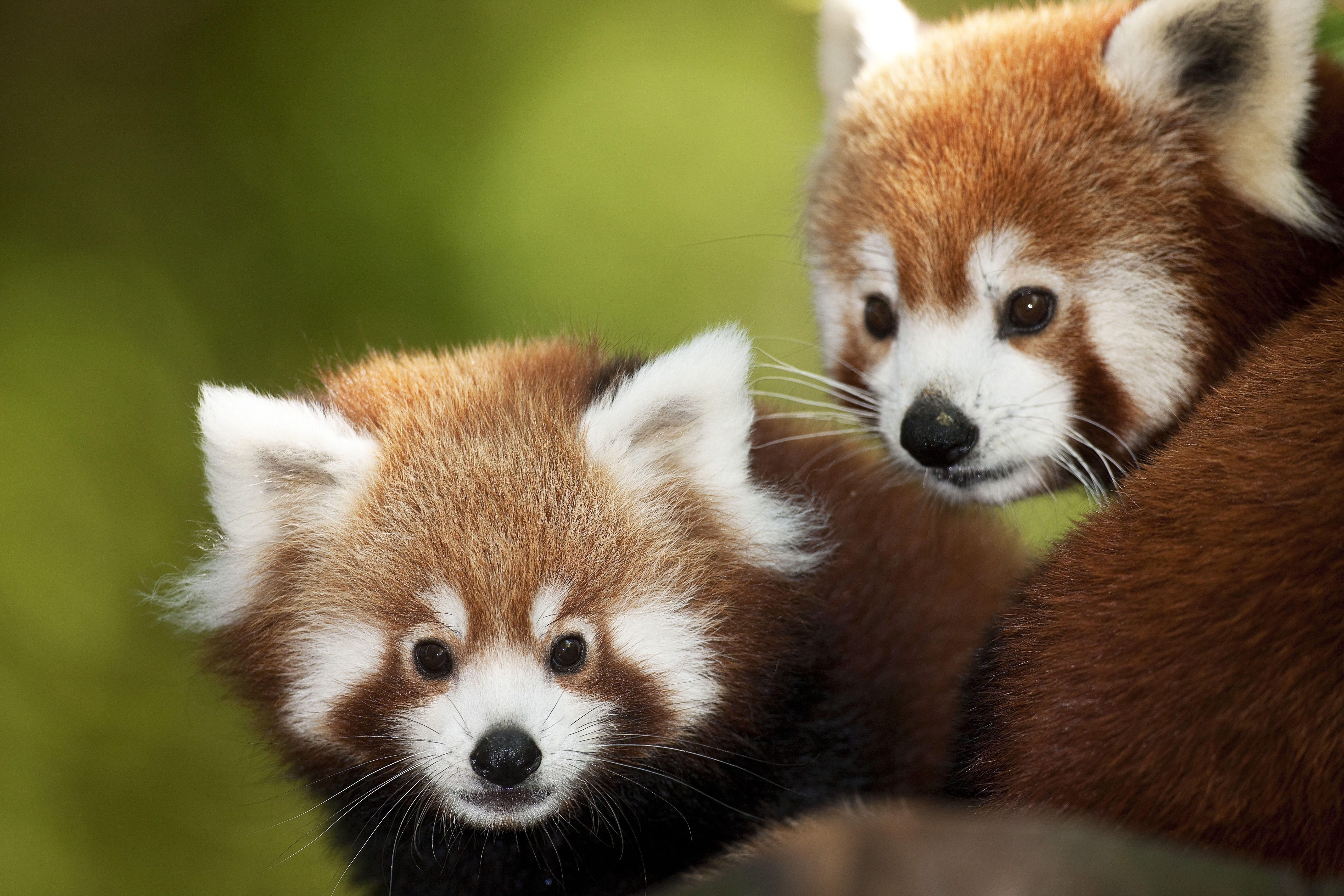
Underwater meadow to catch carbon
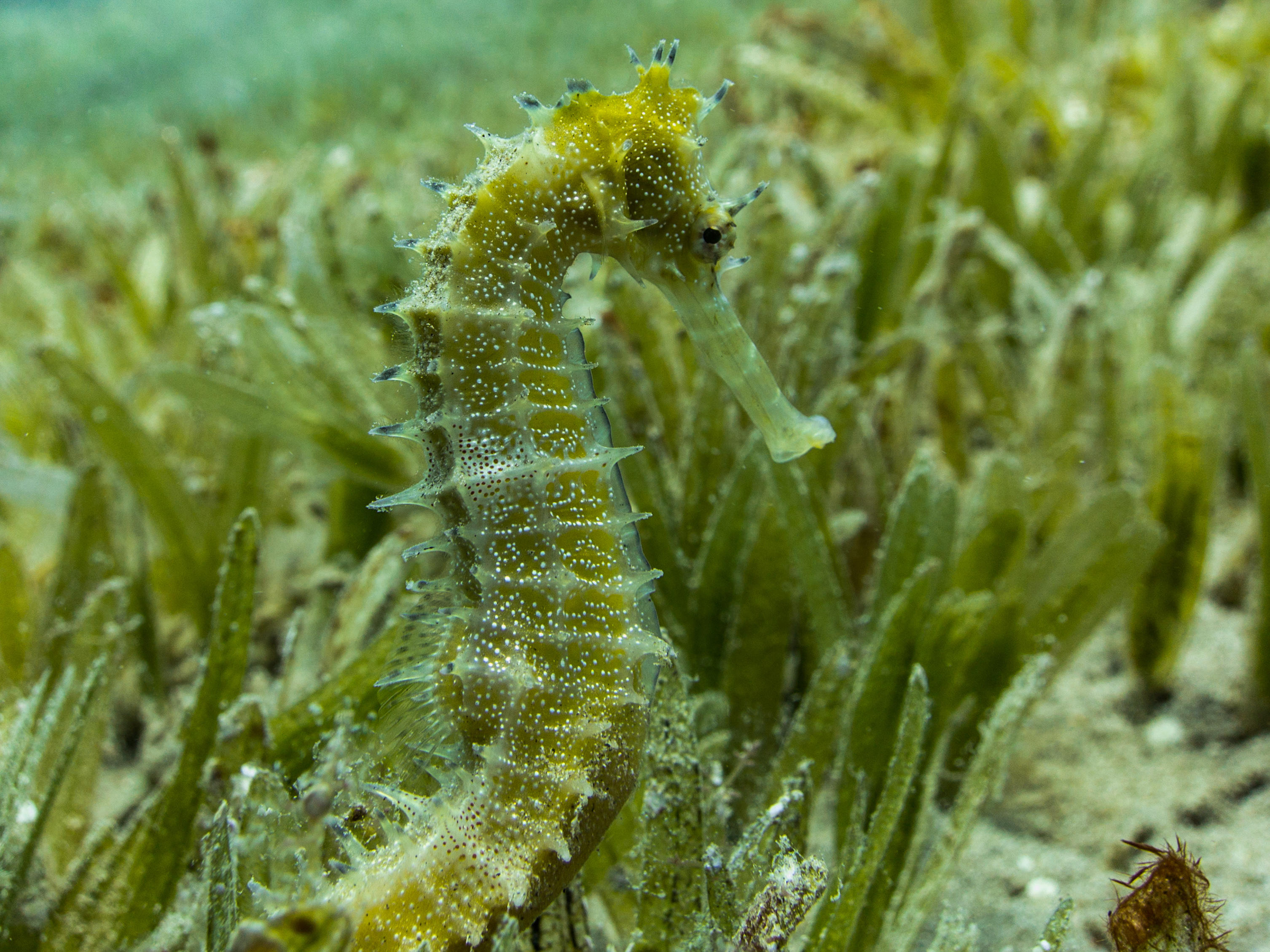
An undersea meadow of seagrass, planned to catch carbon from the atmosphere and provide a habitat for marine life, is to be planted off the Pembrokeshire coast.
The flowering plant was once common in British waters, and can capture carbon from the atmosphere up to 35 times faster than rainforest vegetation. It also provides a haven for wildlife, including seahorses, and a patch of 10,000 square metres can support 80,000 fish and 100 million invertebrates.
Members of the public are collecting seeds from meadows and they will be taken to Swansea University to be prepared for planting.
Zoo 'turbo-charges' breeding amid Brexit fears
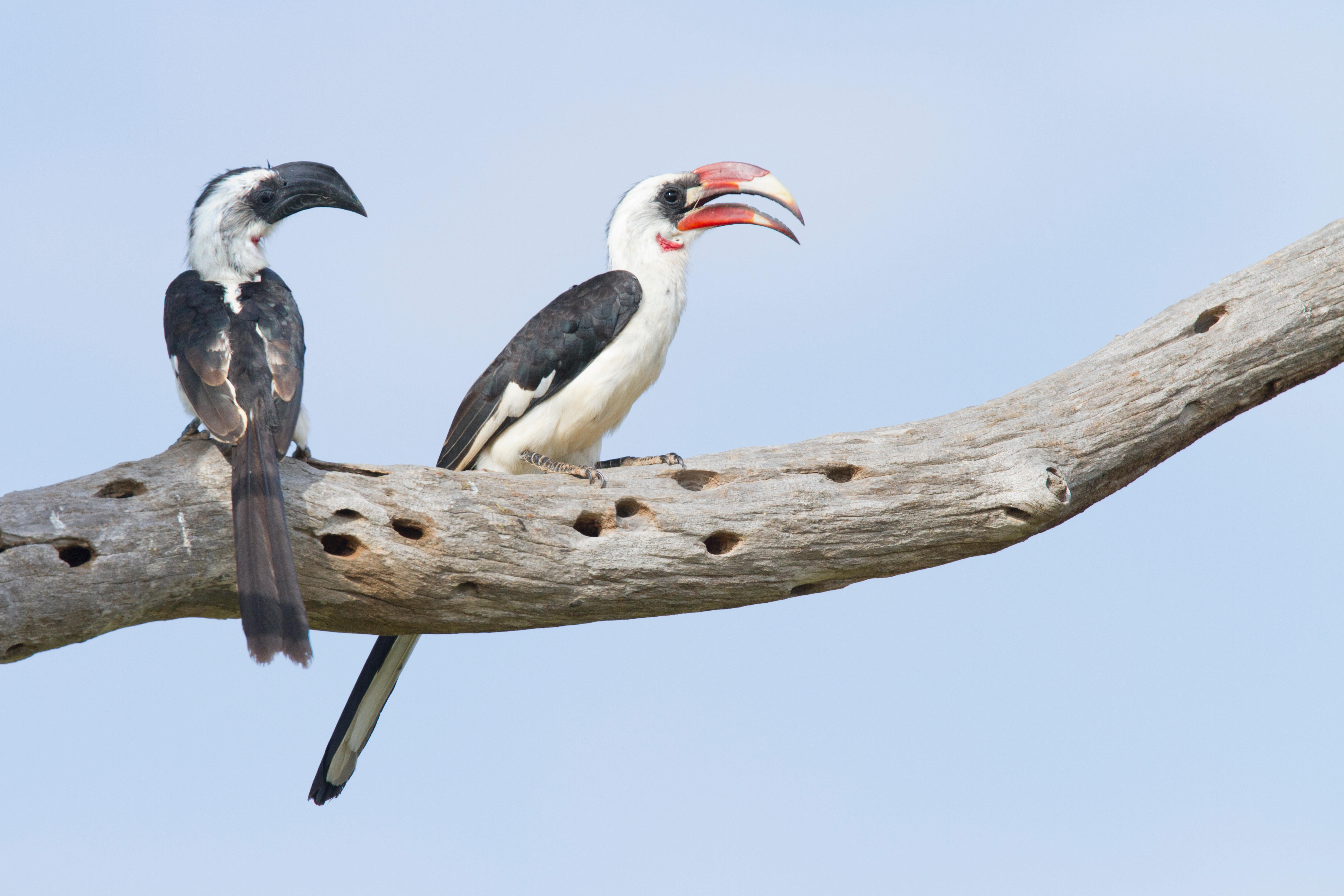
A zoo in Hertfordshire has decided to “turbo-charge” its breeding programme amid fears that a no-deal Brexit would affect how animals enter Britain.
Shepreth Wildlife Park in has brought forward planned arrivals of animals from Europe and as a result, recently received a maned wolf, an aardvark, a red panda, a pygmy slow loris and a pair of Von der Decken hornbills.
Staff have worked around the clock to build enclosures for the arrivals.
Sign up for the Country Life Newsletter
Exquisite houses, the beauty of Nature, and how to get the most from your life, straight to your inbox.
The terrifying powers of barn owls
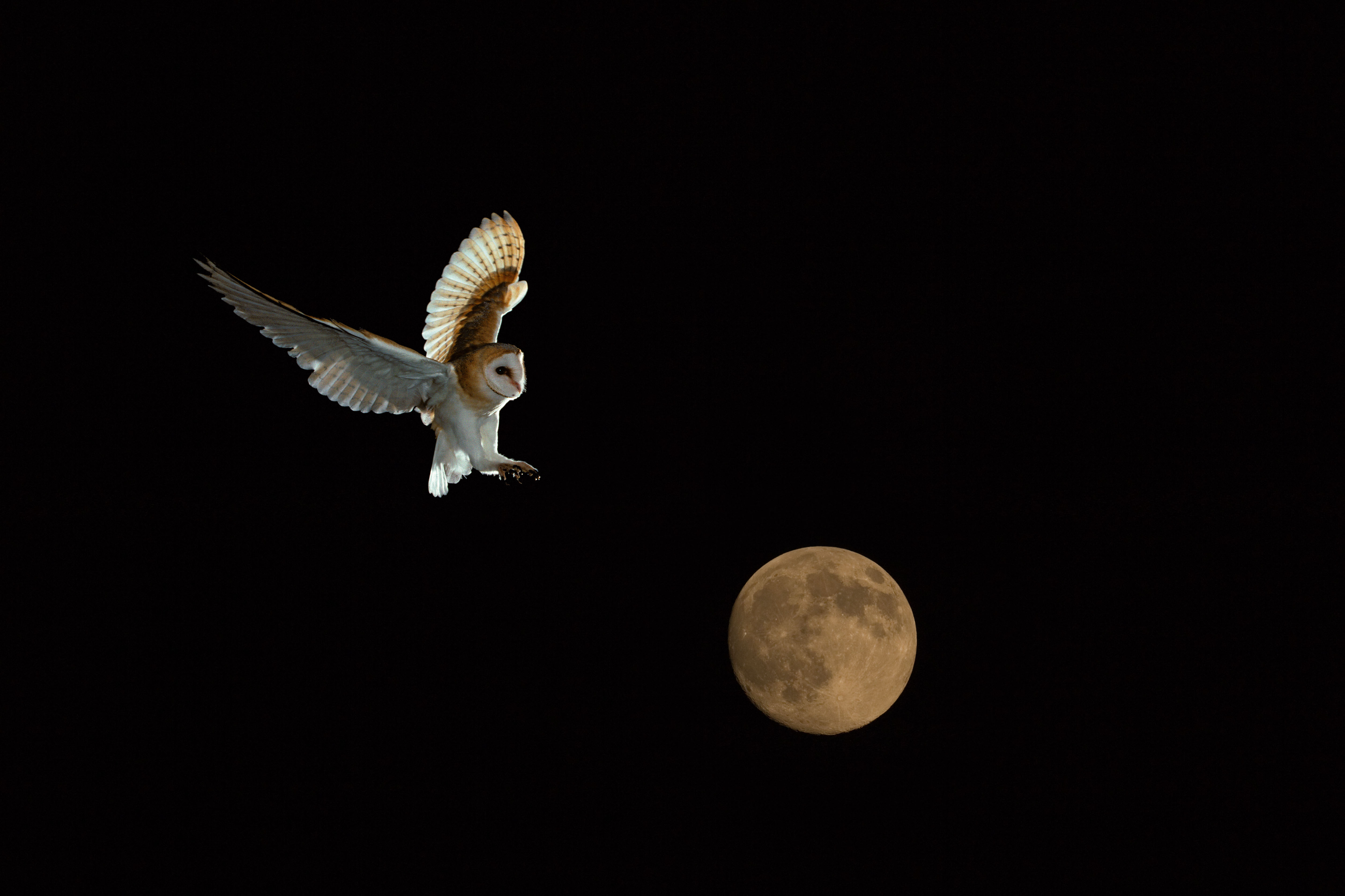
Scientists have found white owls are superior in their hunting ability to their darker counterparts.
A study published in the journal Nature Ecology and Evolution explored the colour of barn owls, and revealed that their prey are significantly more terrified by the lighter varieties of bird.
‘The vole is so scared,’ said Alexandre Roulin, from the University of Lausanne. ‘It’s like a ghost coming on it; it really panics.’
On this day...
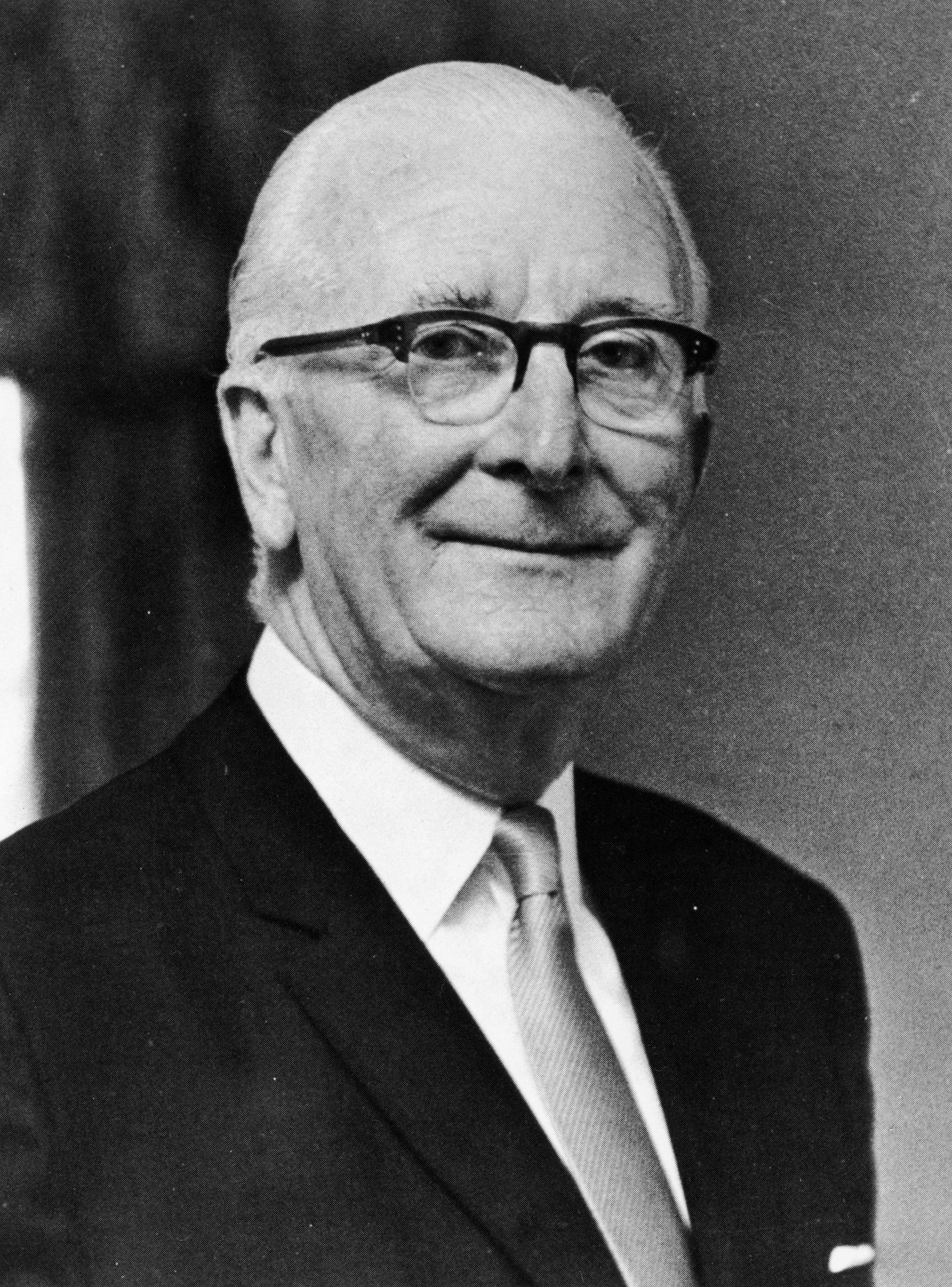
William Lyons, 'Mr Jaguar', was born in 1901 in Blackpool. He co-founded the Swallow Sidecar Company in 1922, which became Jaguar Cars Limited after the Second World War.
Find out what Richard Parker made of the Jaguar XJ R-Sport saloon on a trip to Scotland in pursuit of silver salmon.
The full impact of selective breeding
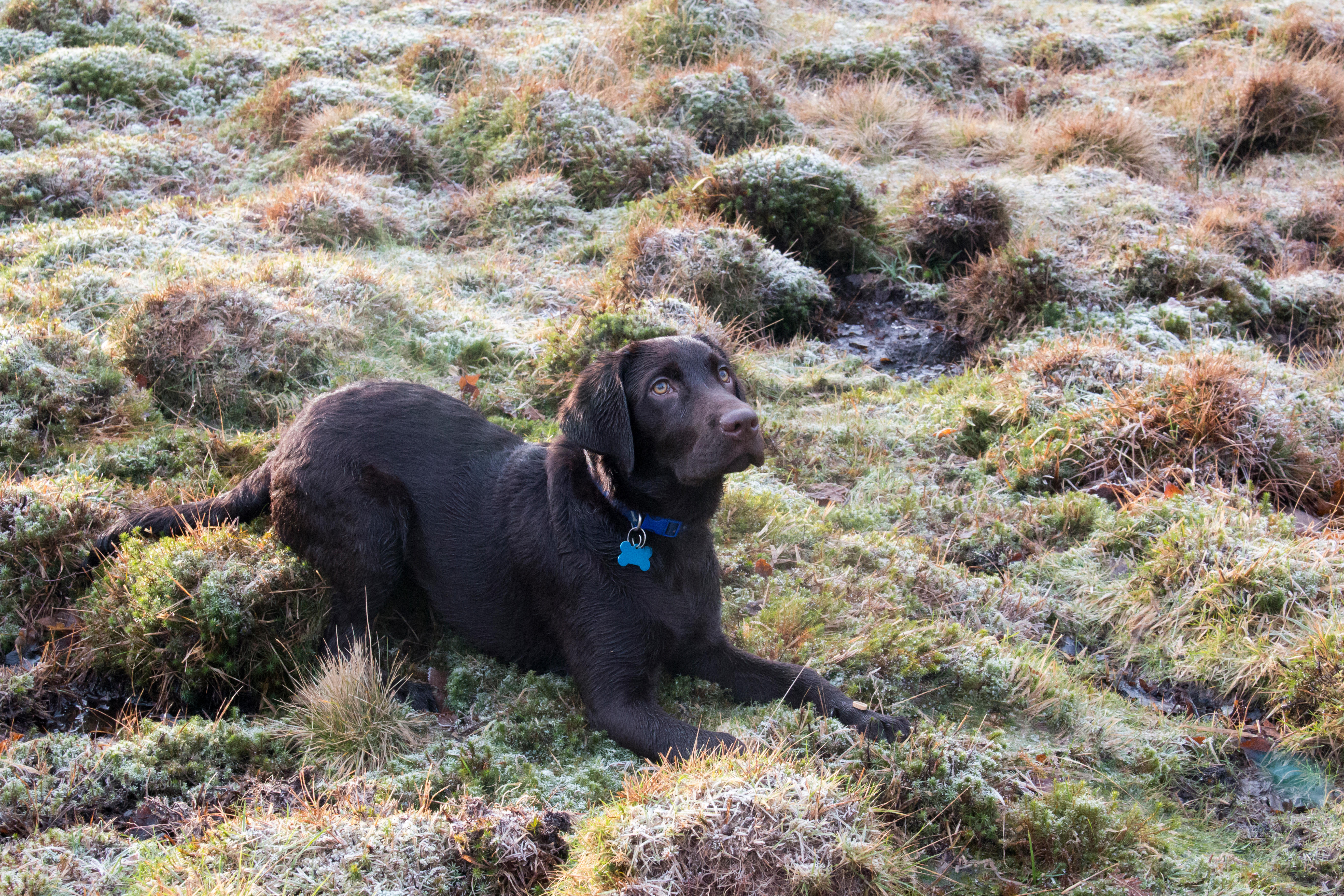
Selective breeding in dogs influences far more than their outer appearance, research has shown.
A study has identified that humans have altered the animals profoundly, changing their brains, not just in size and shape, but in their very functions and structure.
The study, published in in the JNeurosci, the Journal of Neuroscience, explored 62 dogs of 33 different breeds, including beagles, dachshunds, greyhounds and Labradors.
Cockerel ruffles feathers
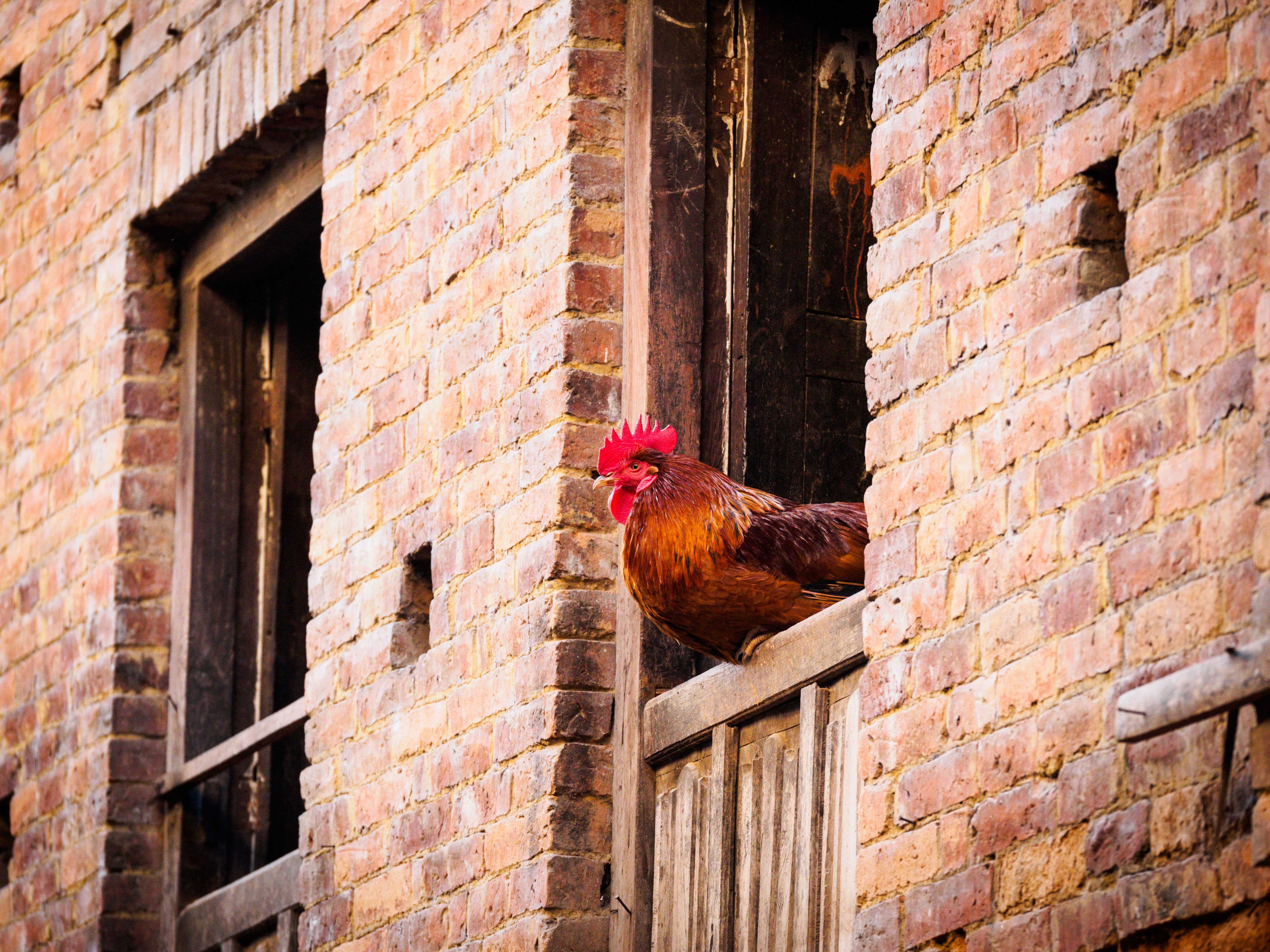
For around two weeks a noisy cockerel has been ruffling feathers in Selhurst, Croydon, and he isn’t showing signs of quieting down.
The urban environment is an unlikely setting for poultry patter, but this cockerel seems perfectly at home in the city, rising at around 5.30am to the disdain of his neighbours.
Goodwin Sands SOS
A campaign group from Deal, Kent, is working to protect the Goodwin Sands, a 10-mile sandbank in the English Channel. The popular landmark is at risk of irreversible damage caused by dredging.
Find out more about the threat, as previously reported by Country Life, here.
And finally... A royal takeaway
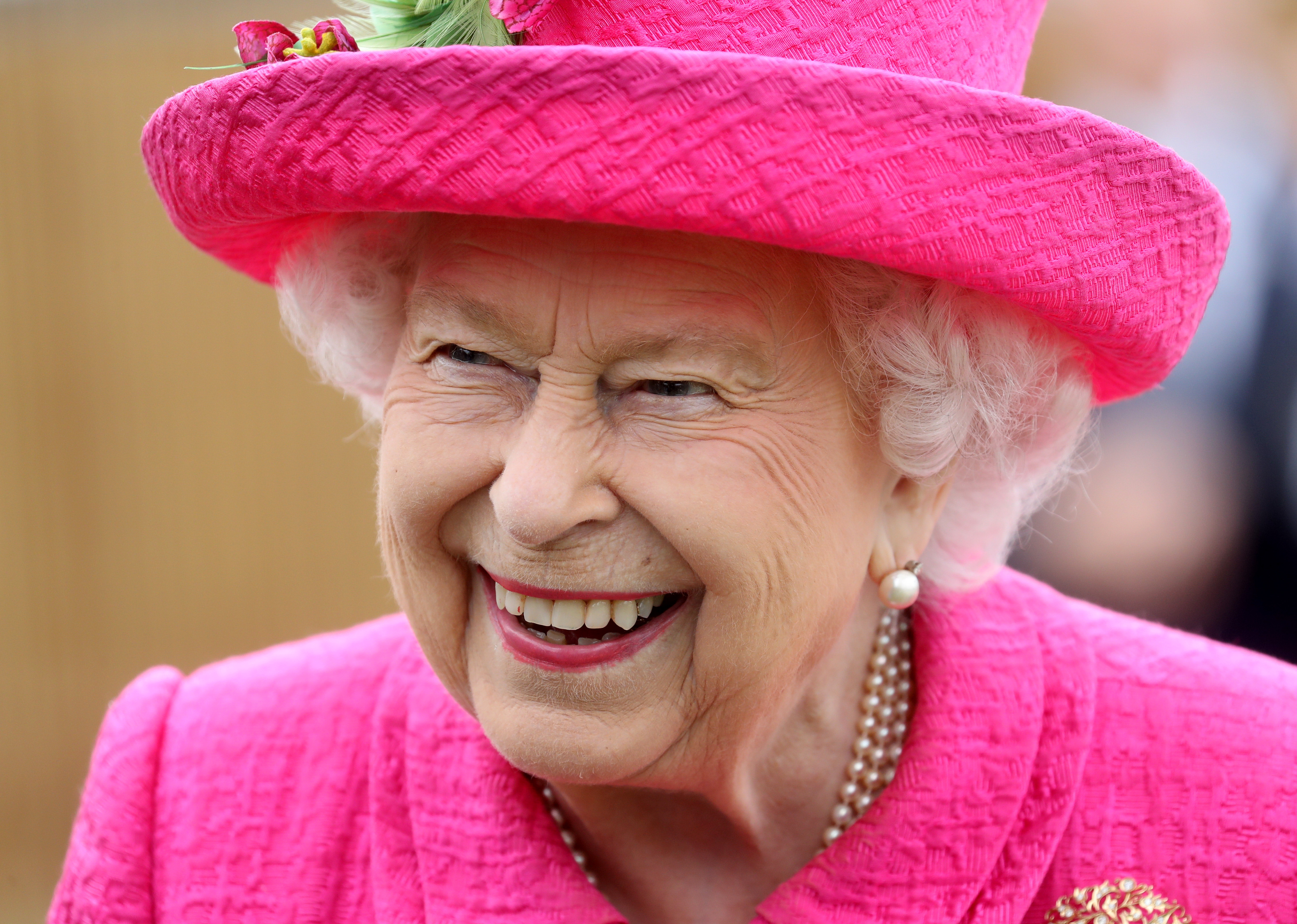
The Queen's penchant for fish and chips has been revealed. Her majesty is said to treat herself to the takeaway at Balmoral. Reportedly, a footman is dispatched to pick up the dish from the local town of Ballater.
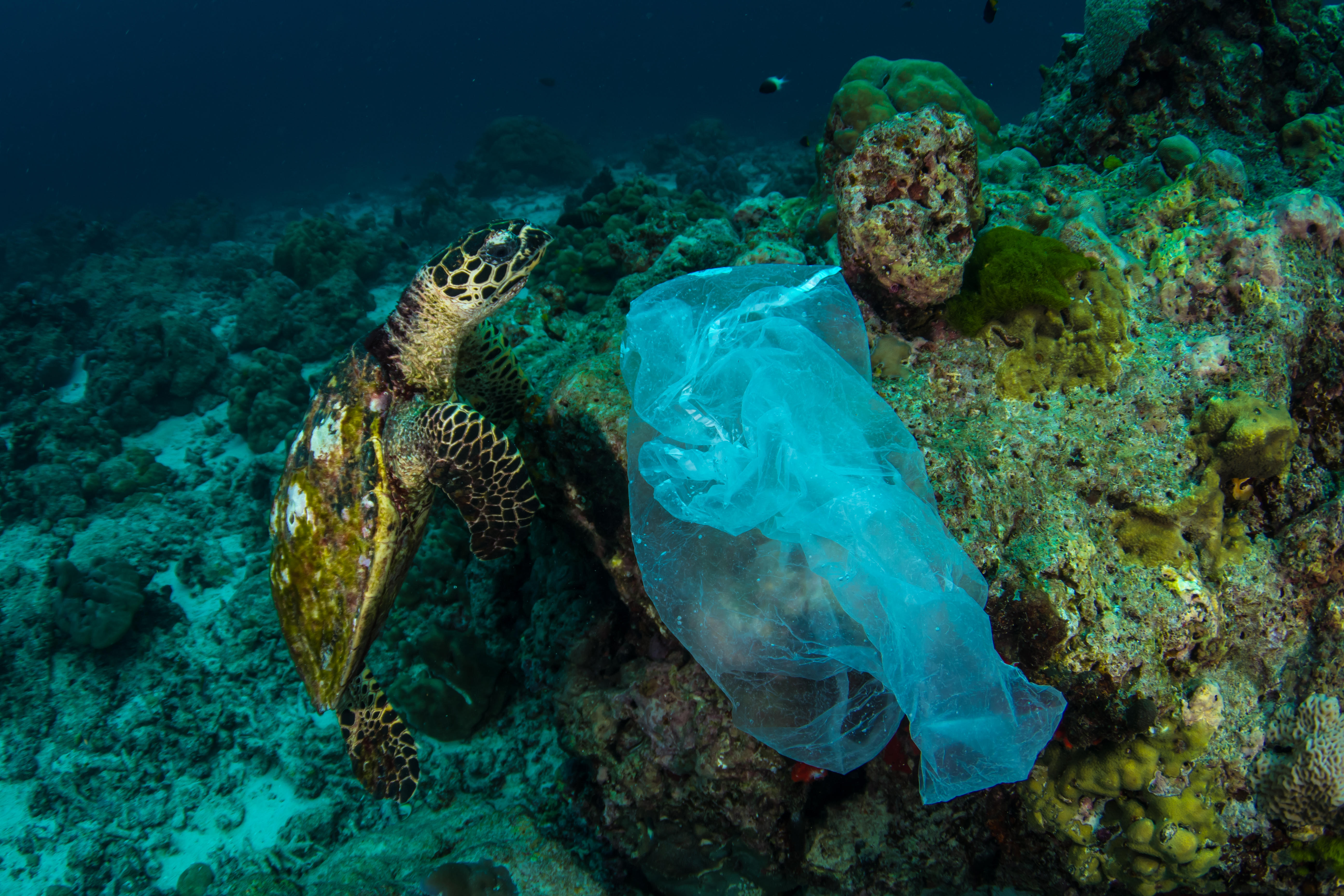
Credit: Alamy
Country Life Today: Plastic bag sales plummet by 90% thanks to Blue Planet effect and seagulls are up to no good in an Exeter pub
Our news round-up features a 90% drop in the sale of plastic bags, Prince Charles's new guide to village life
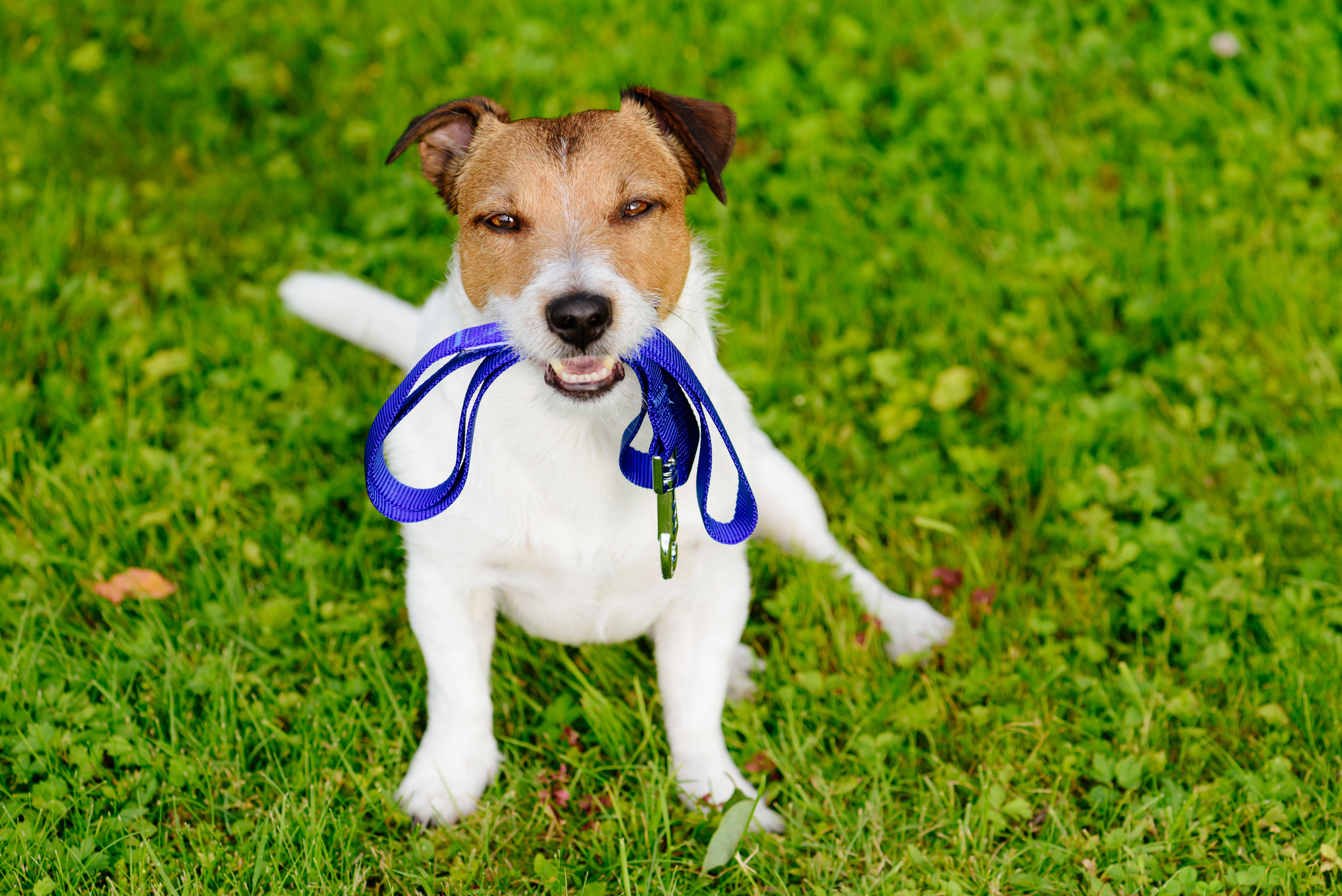
Credit: Alamy Stock Photo
Dog owners fitter, slimmer and healthier, study finds
Canine companions have also been linked to improved mental health and reduced social isolation.
-
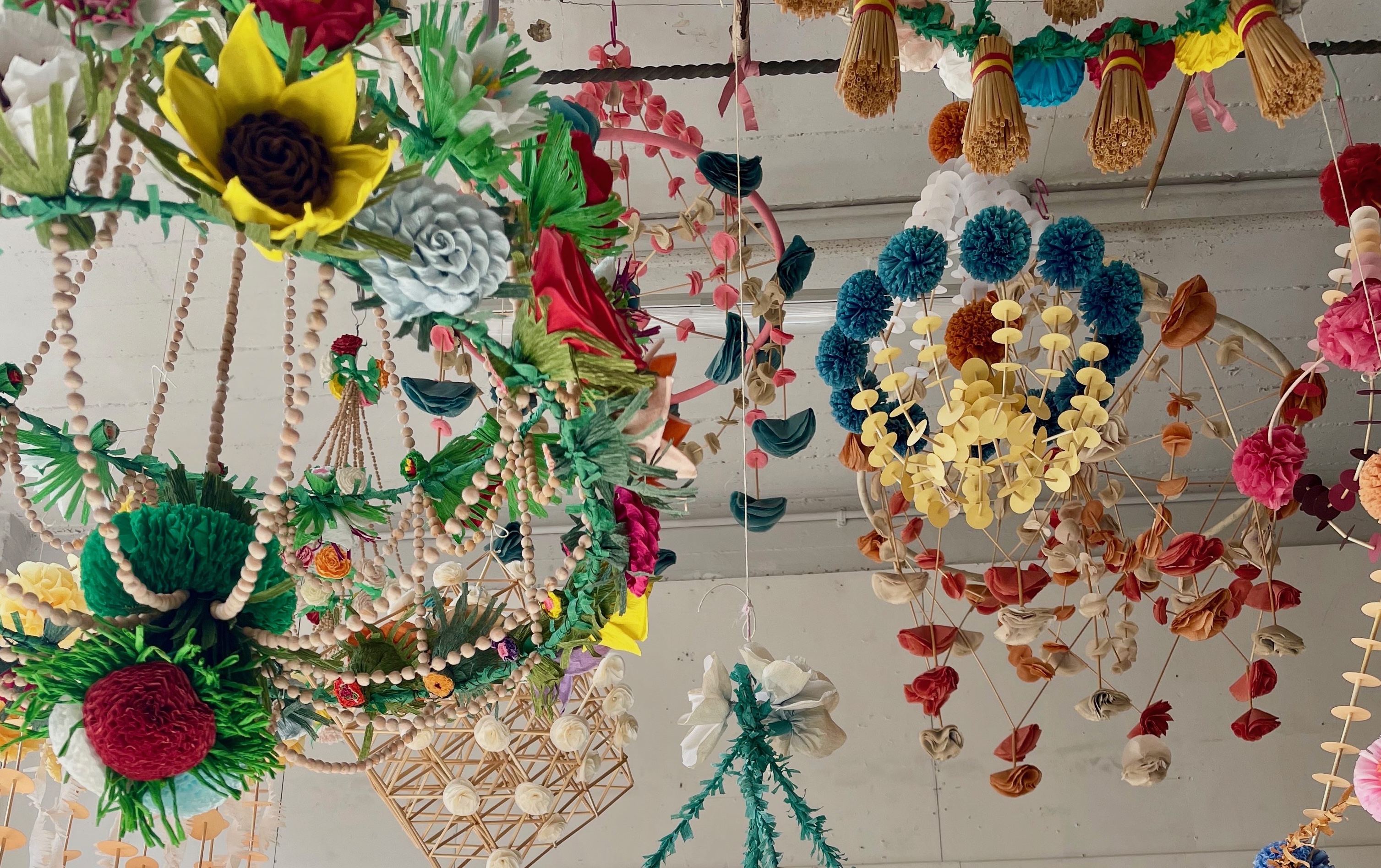 Burberry, Jess Wheeler and The Courtauld: Everything you need to know about London Craft Week 2025
Burberry, Jess Wheeler and The Courtauld: Everything you need to know about London Craft Week 2025With more than 400 exhibits and events dotted around the capital, and everything from dollshouse's to tutu making, there is something for everyone at the festival, which runs from May 12-18.
By Lotte Brundle
-
 Everything you need to know about private jet travel and 10 rules to fly by
Everything you need to know about private jet travel and 10 rules to fly byDespite the monetary and environmental cost, the UK can now claim to be the private jet capital of Europe.
By Simon Mills
-
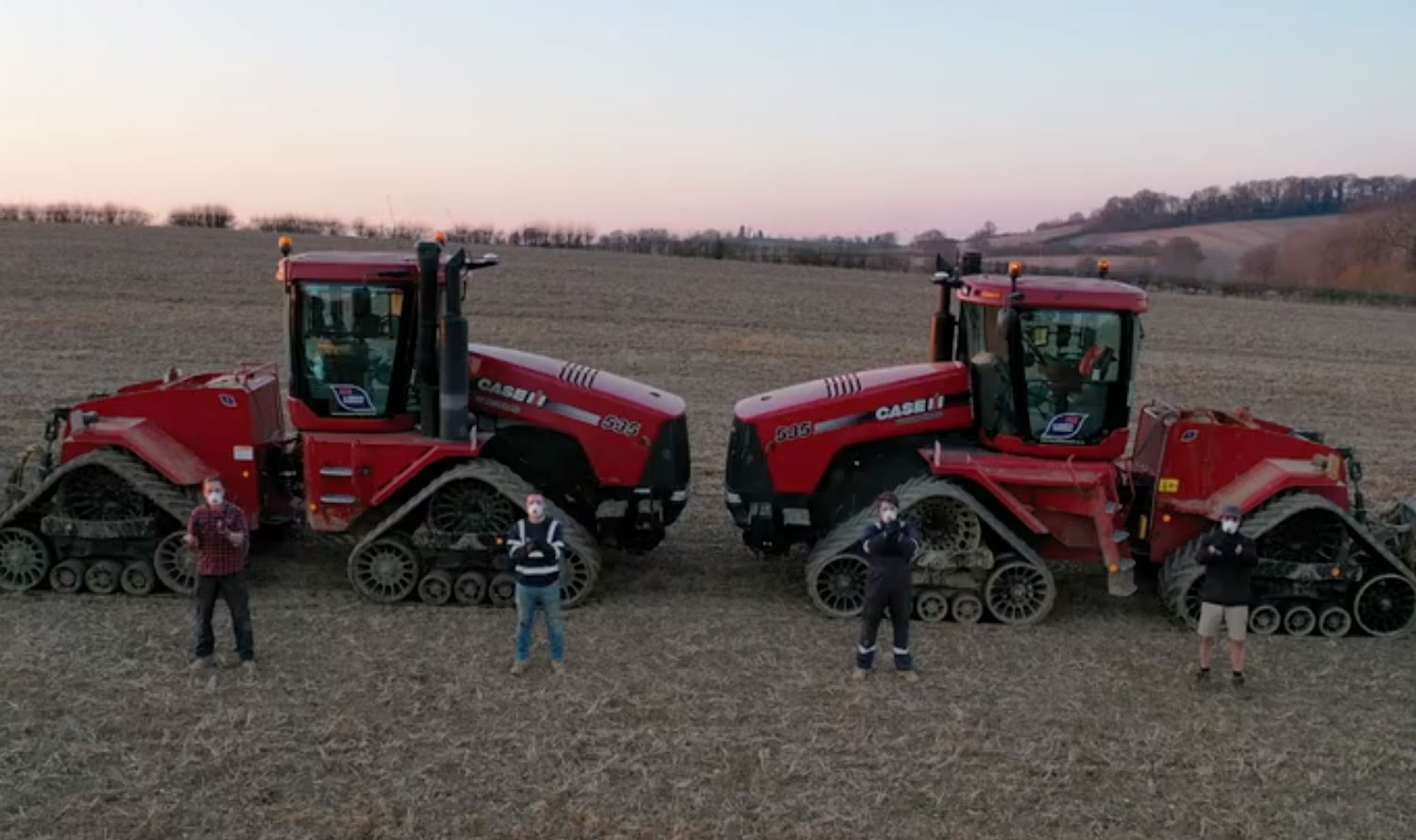 The brilliant tractor tribute to the NHS from a group of Warwickshire farmers
The brilliant tractor tribute to the NHS from a group of Warwickshire farmersPeople around Britain have been paying tribute to the efforts of our NHS workers at the time of the coronavirus pandemic — but few have been as creative and clever as this one.
By Toby Keel
-
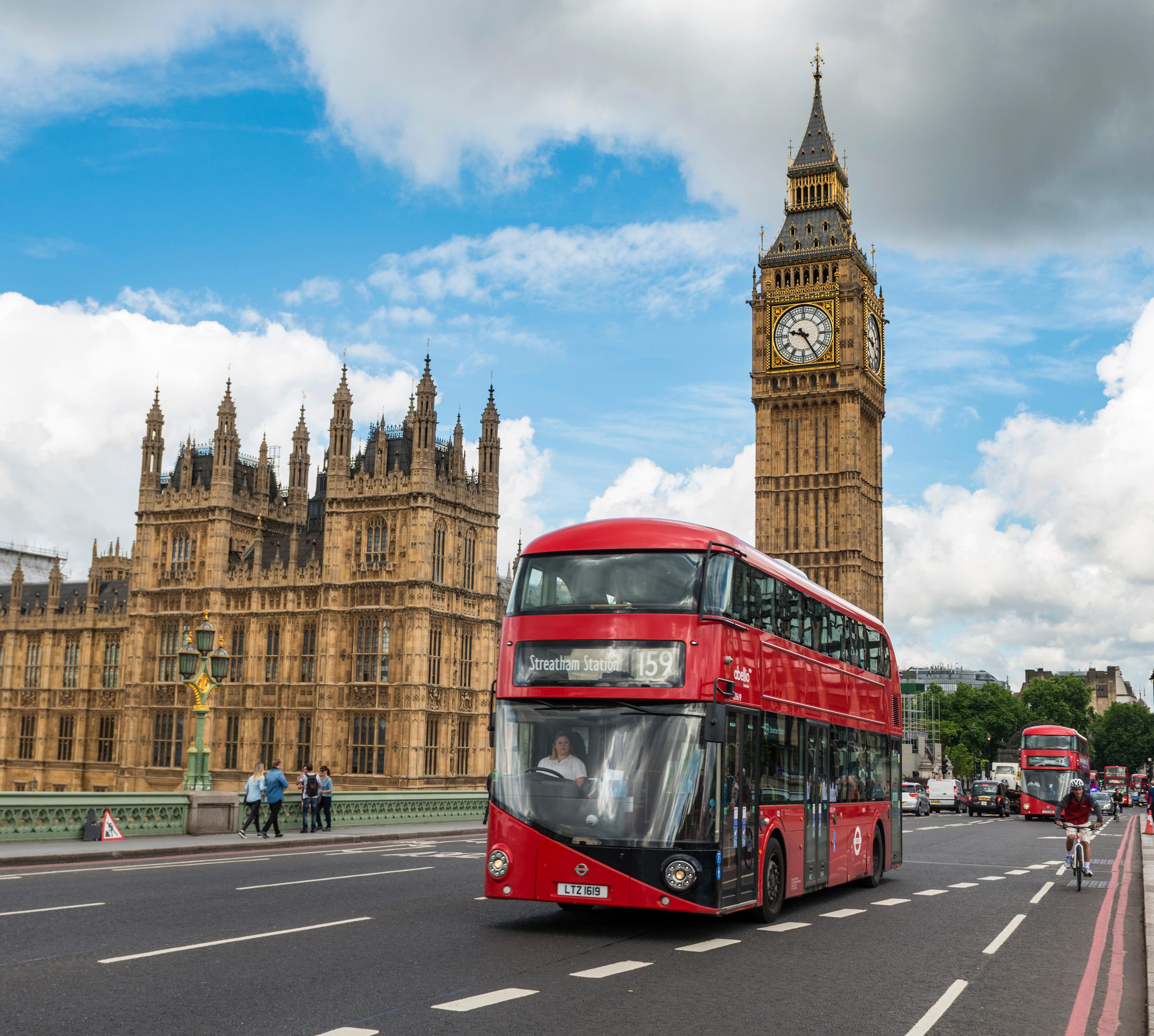 London's iconic red bus at risk and 6,000 year old chewing gum gives clues into our DNA history
London's iconic red bus at risk and 6,000 year old chewing gum gives clues into our DNA historyCuts to industry subsidies and an increase in fares has left bus use at its lowest point ever, while DNA extracted from ancient 'chewing gum' allows scientists to decipher the genetic code of a Stone Age woman.
By Alexandra Fraser
-
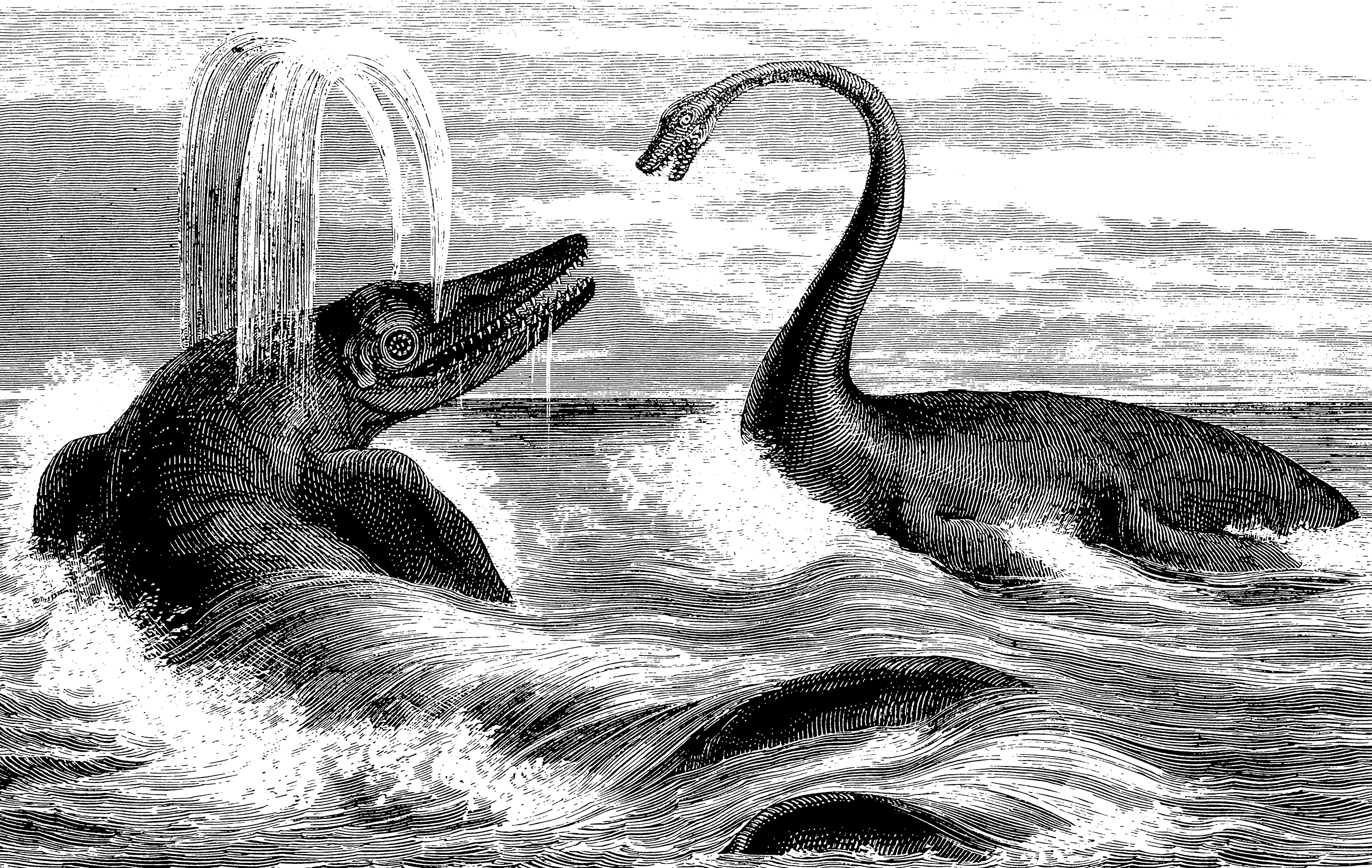 90-million-year-old 'swimming dinosaur' skeleton found by dogs out walking in Somerset, and the nonchalant moths who don't bother fleeing enemies
90-million-year-old 'swimming dinosaur' skeleton found by dogs out walking in Somerset, and the nonchalant moths who don't bother fleeing enemiesA superbly intact dinosaur skeleton — described as being 'museum quality' — has been discovered on a beach in Somerset.
By Toby Keel
-
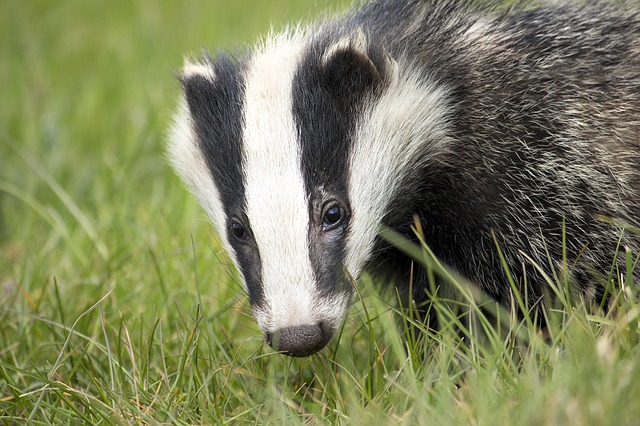 Battle to ban 4x4s from the idyllic Lake District spot bequeathed by Beatrix Potter, eagle fights octopus and the 'snail's pace' climate talks
Battle to ban 4x4s from the idyllic Lake District spot bequeathed by Beatrix Potter, eagle fights octopus and the 'snail's pace' climate talksThis morning we look at Little Langdale's fight for peace, reflect on the climate change talks in Madrid and discover the soundtrack for Brexit.
By Toby Keel
-
 Country Life Today: How Greta Thunberg shifted the dial on climate change — and the backlash shows just how much
Country Life Today: How Greta Thunberg shifted the dial on climate change — and the backlash shows just how muchThis morning we ponder whether Greta Thunberg is the Joan of Arc for the environmental movement, look at a key election — one from 19 years ago — and ponder the marvel of 'dad tidying'.
By Toby Keel
-
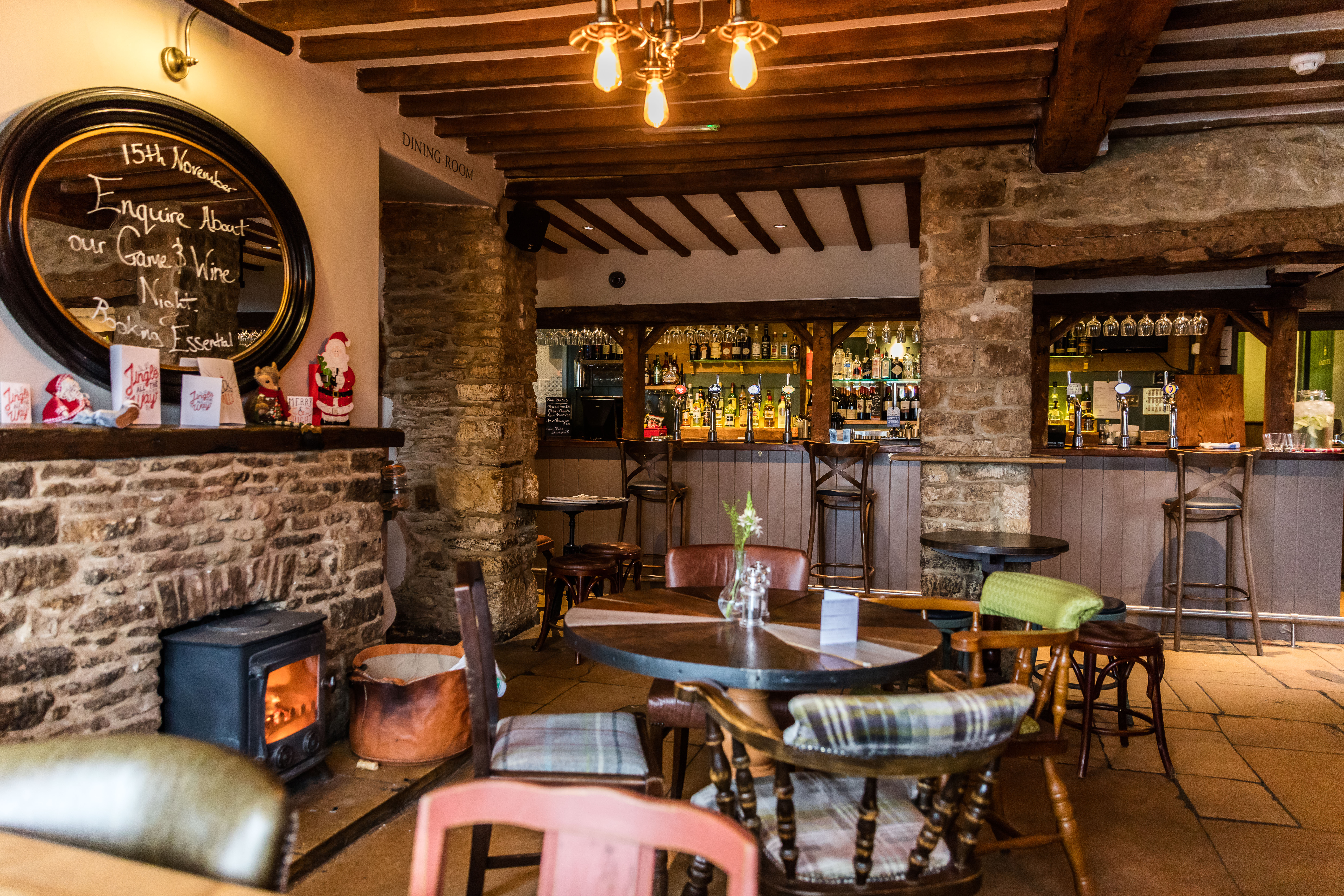 Country Life Today: Great news for those who love our great country pubs — the years of decline are over
Country Life Today: Great news for those who love our great country pubs — the years of decline are overThere is a great sign of health in the pub industry, we look back at Edward VIII's abdication message and fret about Greenland's melting ice.
By Toby Keel
-
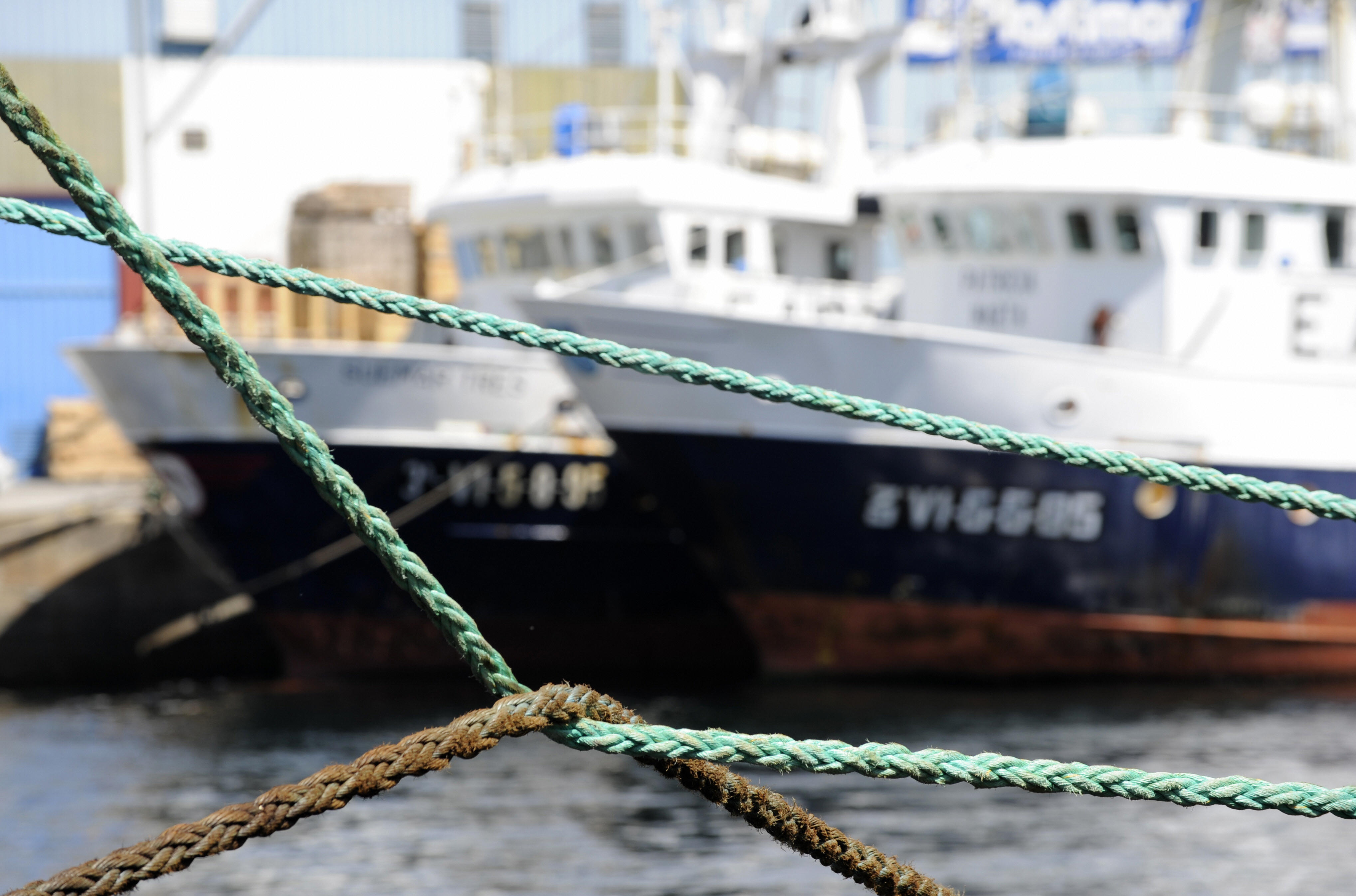 Country Life Today: Spain accused of being 'a deplorable choice' for UN climate conference
Country Life Today: Spain accused of being 'a deplorable choice' for UN climate conferenceA no-holds-barred assault on the Spanish fishing industry, Banksy raising awareness of the homeless and the woes of the Christmas jumper are in today's news round-up.
By Carla Passino
-
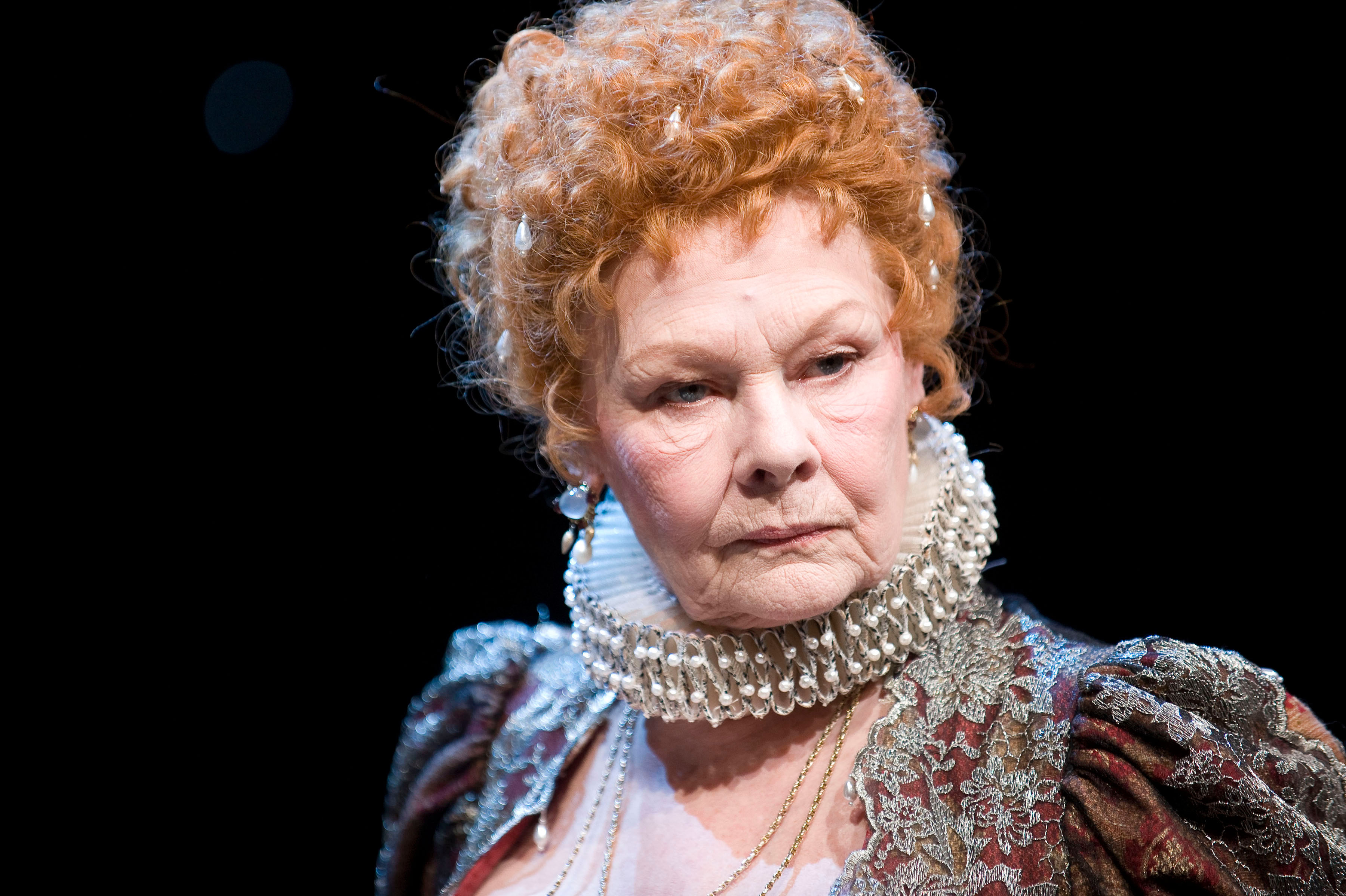 Country Life Today: 'This is perhaps the ultimate wake-up call from the uncontrolled experiment humanity is unleashing on the world’s oceans'
Country Life Today: 'This is perhaps the ultimate wake-up call from the uncontrolled experiment humanity is unleashing on the world’s oceans'In today's round up, we examine why oxygen loss is putting oceans at risk, discover that action to cut air pollution brings almost immediate benefits to human health and find out which bird's arrival marks the start of winter in Gloucestershire.
By Carla Passino
